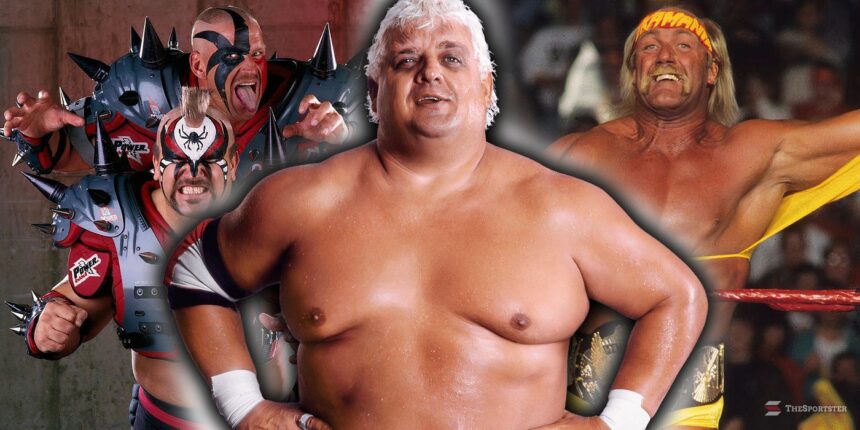The 1980s marked a transformative era for professional wrestling, with key wrestlers driving the industry’s evolution. WWE’s push to become a national promotion succeeded, leading to unprecedented popularity and exposure, sparking a major wrestling boom in the United States. This period saw the emergence of pay-per-view events like WrestleMania and Starrcade, alongside phenomena such as Rock’s Wrestling Connection and Fullcamania. Numerous legends rose to prominence, becoming cultural icons. But who was the decade’s most influential wrestler?
Dump Matsumoto stood out in women’s wrestling, where Japan led the way with pioneering female athletes. As part of AJW’s strategy, Matsumoto helped elevate women’s wrestling to major status in Japan during the 80s. Her distinctive look and persona inspired many future wrestlers, influencing the sport for over a decade.
Bret Hart, while not a main event star in the 80s, was essential to WWE’s tag team division with the Hart Foundation. His world-class in-ring skills and ability to connect with crowds helped sustain the tag team scene through the decade.
Rick Rude brought unprecedented charisma and heel persona to WWE in the 80s, shaping a new model for villains. Despite never winning the WWE Championship, he was central to WWE’s rise, matching his strong wrestling talent with a compelling character, and made significant contributions in WCWA and NWA prior to WWE.
The Iron Sheik played a critical role as a top foreign heel, perfectly complementing Hulk Hogan during the Hulkamania surge. Making history as WWE’s first Iranian champion, he dominated as a villain and maintained kayfabe flawlessly throughout his career.
Tito Santana was a vital midcard figure who helped establish the Intercontinental Championship’s prestige. Known for consistently delivering solid matches, he was key in raising the profile of many opponents during the 80s.
Rocky Johnson was groundbreaking for Black wrestlers, becoming one of the first Black WWE Tag Team Champions alongside Tony Atlas. He also made history as the first Black NWA Georgia Heavyweight Champion, paving the way for future generations of Black wrestlers.
Tatsumi Fujinami was a trailblazer in NJPW, excelling in both the junior heavyweight and heavyweight divisions. Despite suffering a serious neck injury late in the 80s, he remained active for decades, helping set wrestling standards that influenced the sport worldwide.
Ivan Koloff, though Canadian-born, built his reputation as a foreign heel under the “Russian Bear” persona, becoming a major force in the NWA with rivalries against stars like Dusty Rhodes and the Road Warriors.
The Great Kabuki was among the earliest Japanese wrestlers to successfully transition to the US market. He was influential in popularizing the Kabuki character and innovated the use of mist-spitting as part of his act, impacting many future stars.
Bull Nakano was a dominant female star in Japan before joining WWE. Starting as AJW Junior Champion at 16, she became a top fighter in women’s wrestling throughout the 80s and 90s, ultimately making a significant impact on WWE’s women’s division.
Fan Take: For WWE fans, understanding the impact these wrestling pioneers highlights how the sport’s foundations were built, blending athleticism, character work, and cultural shifts. Their legacies continue to shape WWE’s storytelling and inspire new generations, underscoring the importance of honoring wrestling history as the industry evolves.













